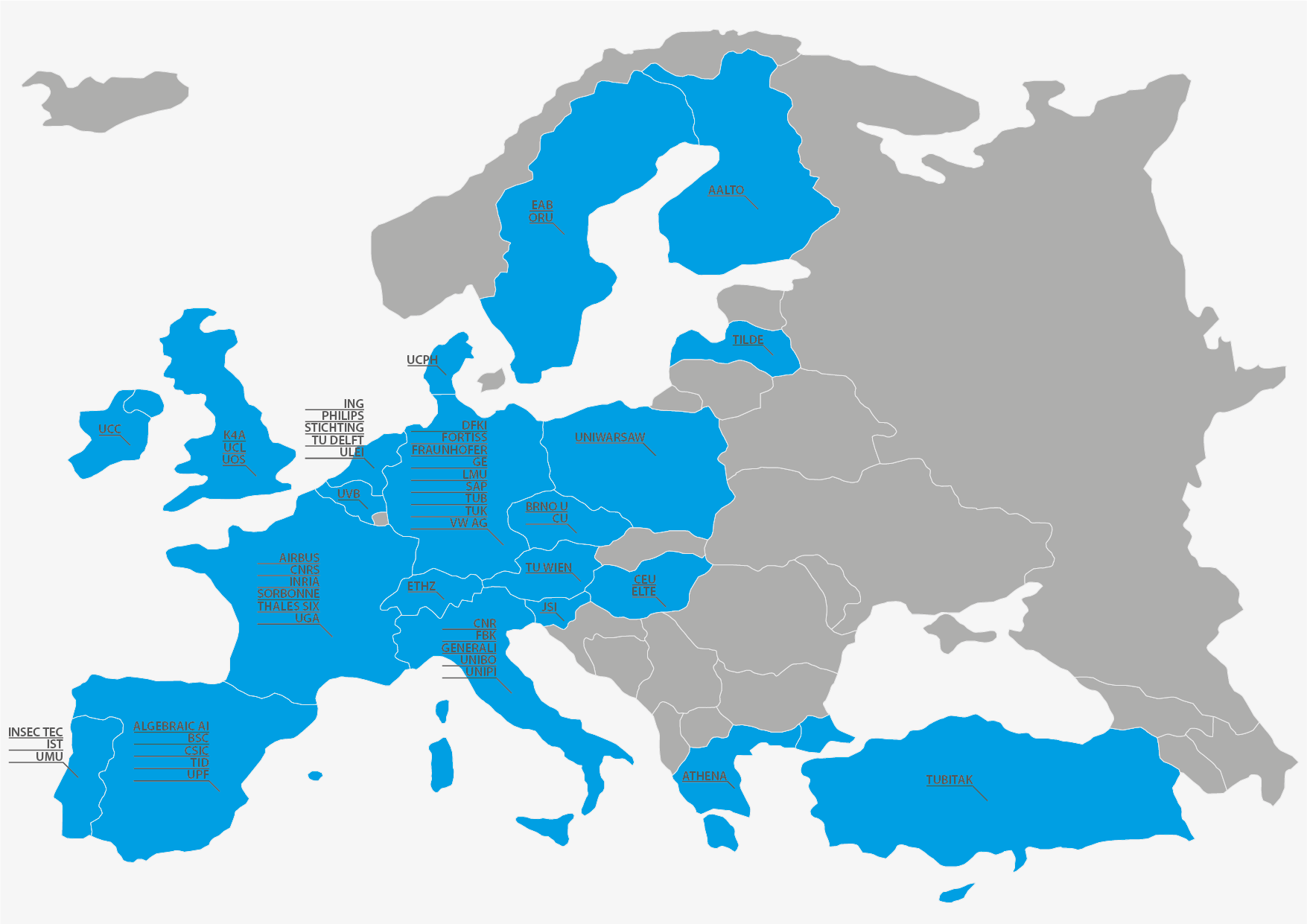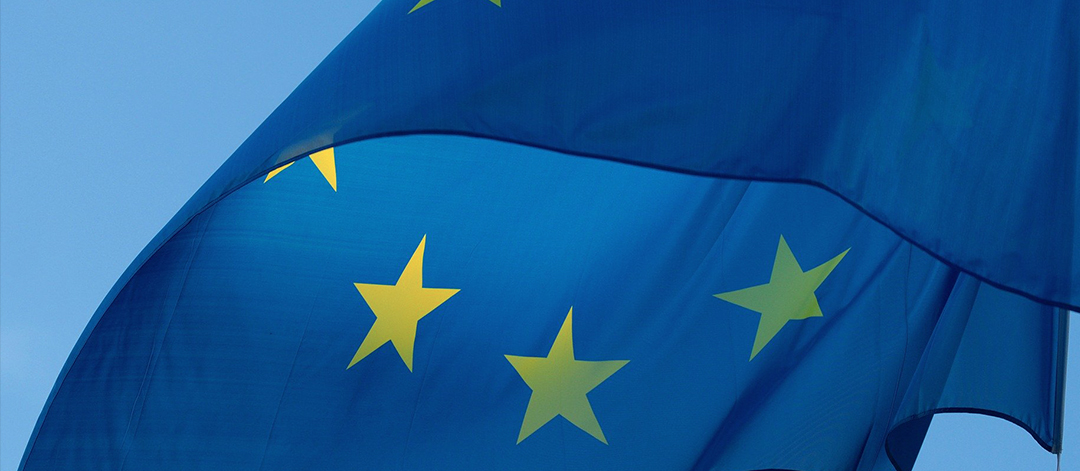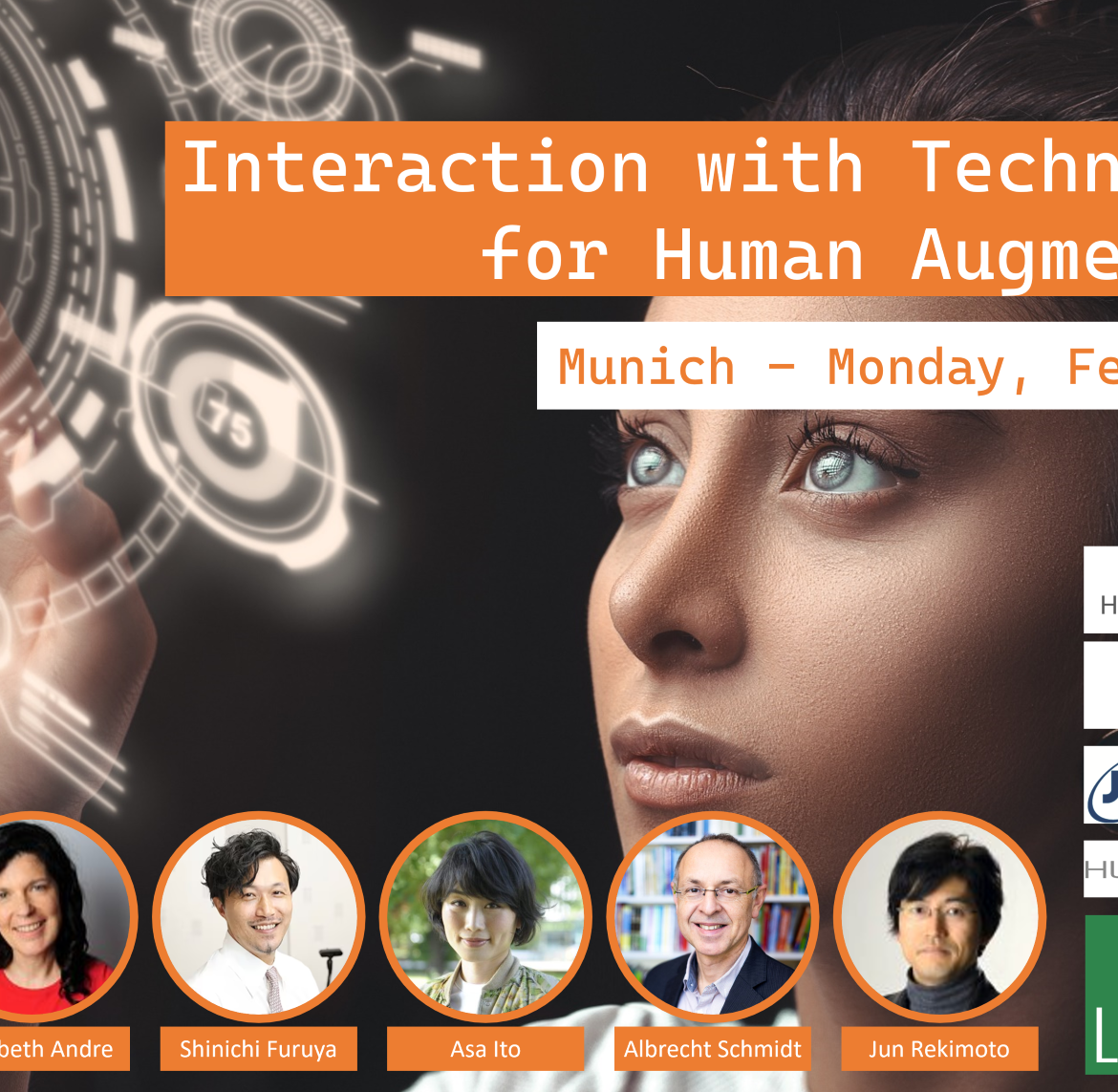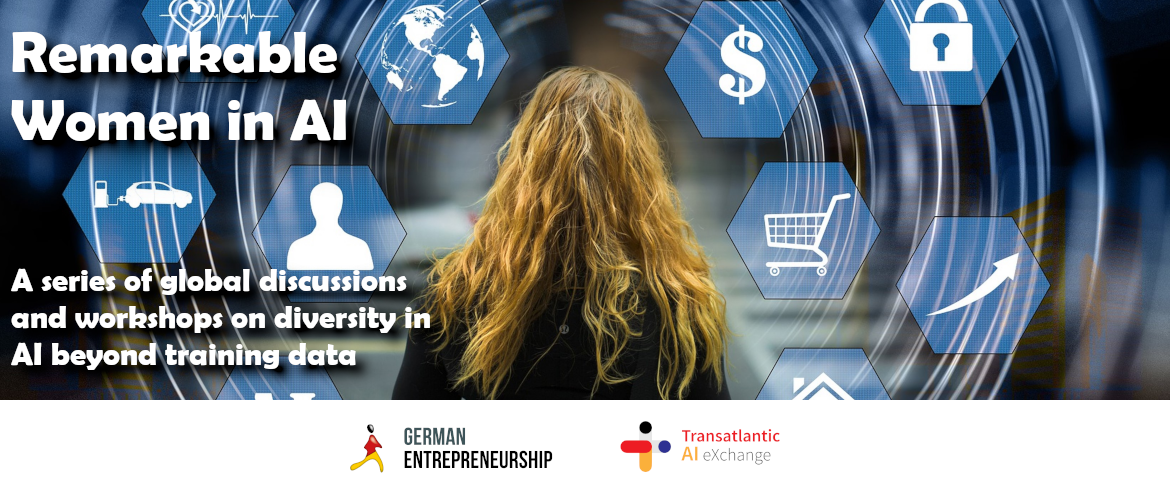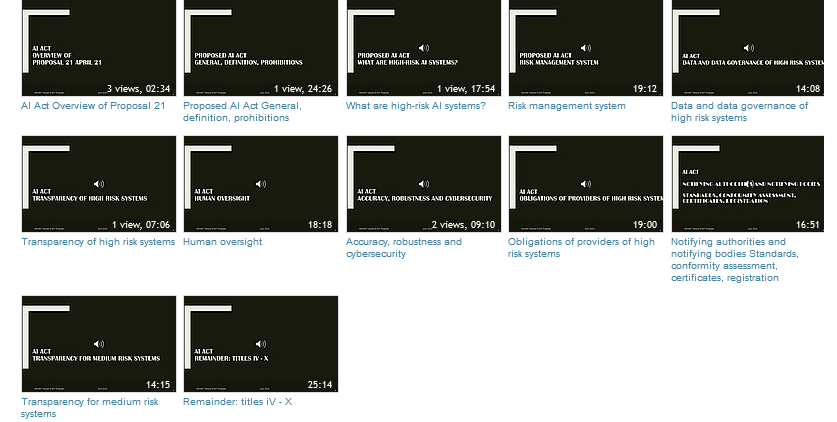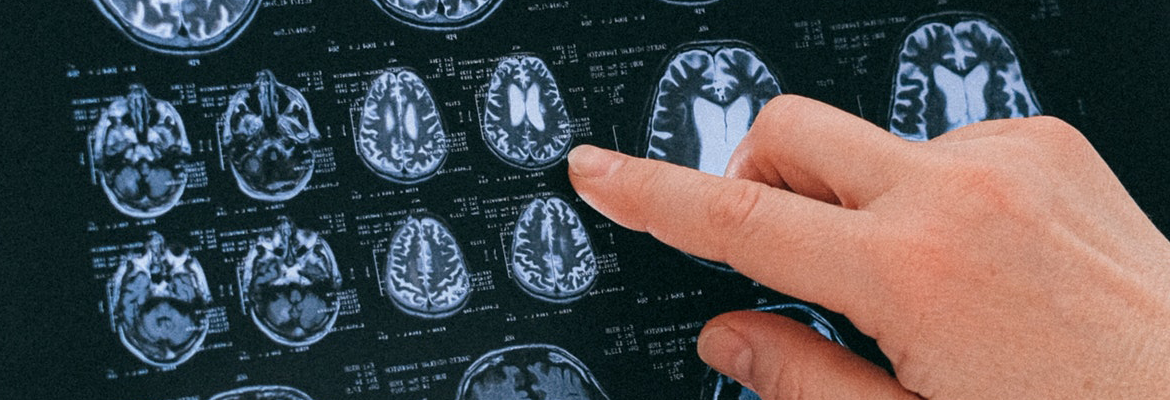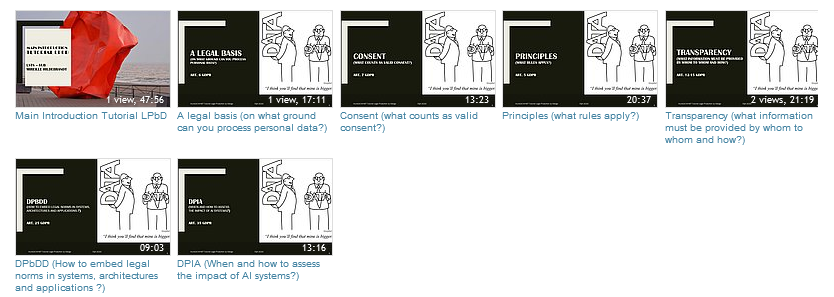
Beyond ChatGPT:
How Can Europe Get Ahead in Generative AI?
Our goal is to facilitate a European brand of trustworthy, ethical AI that enhances Human capabilities and empowers citizens and society
| When? | Thursday, May 25th (14:00 - 16:00) |
| Where? | Brussels, Belgium @ the European Parliament | Room A5G1
Paul-Henri Spaak Building, Rue Wiertz 60, 1047 Brussels, Belgium |
| What? | In-person event (by invitation) + Public Online Event (by registration) |
| How to Register? | Fill out this form to get the streaming link (Deadline: Tuesday, May 23rd) |
Learn about the Meeting Outcomes
- Meeting recording: coming soon
- Call to Action letter: v3-eurogpt-press release (A4 Document)
Agenda
 |
The event is moderated by Ms. Lenneke Hoedemaker.
Please note that the agenda is subject to minor changes |
| 14:00 | Welcome and setting the stage: State of Play in European Regulation on Artificial Intelligence by Irena Joveva MEP, Committee on Culture and Education. |
| 14:10 | Welcome from ICT 48 AI Project Coordinators |
| 14:25 | Scientific Foundations of Large Language Models (LLMs) by Hermann Ney, RWTH Aachen, Germany. |
| 14:40 | Panel on Industrial and Research Potential of AI in Europe
MODERATOR: Lenneke Hoedemaker, Moderator and Presenter.
|
| 15:10 | Message from the Co-Sponsoring Organisations
|
| 15:20 | Panel on the Societal Impact and AI Policies in Europe
MODERATOR: Lenneke Hoedemaker, Moderator and Presenter.
|
| 15:55 - 16:00 | Closing remarks by Cécile Huet, Deputy Head of the Unit “Robotics and Artificial Intelligence Innovation and Excellence” at the European Commission |
| 16:30 – 18:00 | Social Reception: Networking and Informal Scientific Discussions (Attendance is in-person only by invitation. The location will be shared by email.) |
What is the purpose of the HumaneAI European Parliament event?
We would like to suggest a half-day event on May 25th at the European Parliament, Paul-Henri Spaak Building, Rue Wiertz 60, 1047 Brussels, Belgium, titled Beyond ChatGPT: How can Europe get in front of the pack on Generative AI Models?, organized by a broad consortium from science and civil society, including the HumanE-AI-Net European Network of Centres of Excellence in Artificial Intelligence.
HumanE-AI-Net is a research network of leading European universities, AI institutes, and corporations funded by Future and Emerging Technologies (FET) and dedicated to benefiting people’s empowerment through the scientific and technological development of AI, in accordance with European ethical, social, and cultural values.
Other European partners and communities that support this event and will be involved in its organization are the International Research Centre on Artificial Intelligence (IRCAI) under the auspices of UNESCO, the Confederation of Laboratories for Artificial Intelligence in Europe (CLAIRE), and other ICT-48 networks such as TAILOR, AI4Media, and VISION, and language projects like ELG and ELE.
The Beyond ChatGPT aims to bring together AI experts, policymakers, and other stakeholders to demystify and critically examine some of the key concepts and concerns, and to provide an opportunity for a well-grounded discussion of the question of what needs to be done to ensure that European economies and societies will benefit from the development and deployment of AI technologies, such as LLMs.
Which questions will be addressed?
- To which extent does Europe have the capability and capacity to compete with US-based industries on LLMs and similarly impactful AI technologies?
- What can and must be done to ensure European competitiveness in this area?
- How can we best harness the opportunities afforded by the latest AI technologies for the benefit of European economies and societies? What role does the proposed AI Act play in this context?
- Which of the widely debated risks are real, and how should these be addressed? Is there a need for a moratorium or similar restrictions on research and innovation in key areas of AI?
What is the rationale?
Artificial intelligence has been an intense focus of public debate in recent years, and – following recent progress in so-called large language models (LLMs), such as ChatGTP – is now an area of increasingly vigorous economic activity and societal concerns.
Europe carries the responsibility of shaping the AI revolution. The choices we face today are related to fundamental ethical issues about the impact of AI on society, in particular, how it affects labor, social interactions, healthcare, privacy, fairness, and security. The ability to make the right choices requires new solutions to fundamental scientific questions in AI and human-computer interaction (HCI).
What is the vision?
This vision closely follows the ambitions articulated by the EC in its Communication on AI: A European brand of AI that, by design, is trustworthy, adheres to European ethical, political, and social norms, and focuses on the benefit to European citizens as individuals, European society and the European economy. At the heart of our vision is the understanding that those ambitions can neither be achieved by legislation or political directives alone nor by traditional research in established disciplinary “silos”. Instead, it needs fundamentally new solutions to core research problems at the Interface of AI, human-computer interaction (HCI), and social science, combining theory, real-world use cases, and innovation-oriented research.
What are we trying to achieve?
The HumaneAI community aims to develop the scientific foundations and technological breakthroughs needed to shape the ongoing artificial intelligence (AI) revolution to fit the above vision. Key challenges include: learning complex world models; building effective and fully explainable machine learning systems; adapting AI systems to dynamic, open-ended real-world environments achieving an in-depth understanding of humans and complex social contexts; and enabling self-reflection within AI systems.
What will be the impact?
The HumanE AI community has mobilized a research landscape far beyond the direct project funding and brought together a unique innovation ecosystem. This has the potential for significant disruption across its socio-economic impact areas, including Industry 4.0, health & well-being, mobility, education, policy, and finance. We aim to spearhead the efforts required to help Europe achieve a step-change in AI uptake across the economy.
Why are we the best to do it?
The project consortium, with 53 institutions across 20 European countries, advocates that Artificial Intelligence is made by us humans, European researchers and citizens, who care deeply about the future of AI in Europe and its use for the benefit of all Europeans.
